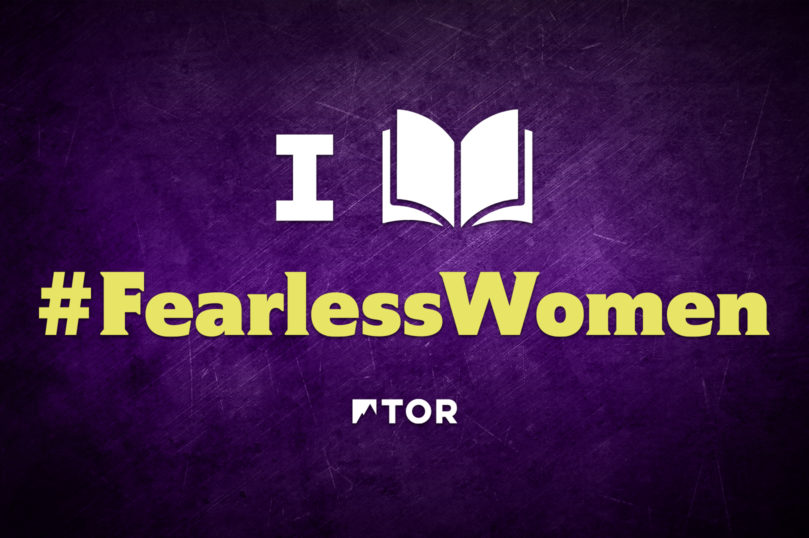
#FearlessWomen We Admired Growing Up
Whether we got into science fiction and fantasy as kids or adults, there were plenty of women in the pages of our favorite books that inspired us. The fearless women in these books taught us how to be adventurous, how to be strong, and how to be self-confident. Here are just a few of our favorite women of the science fiction and fantasy books we read growing up. Who’s on your list?
